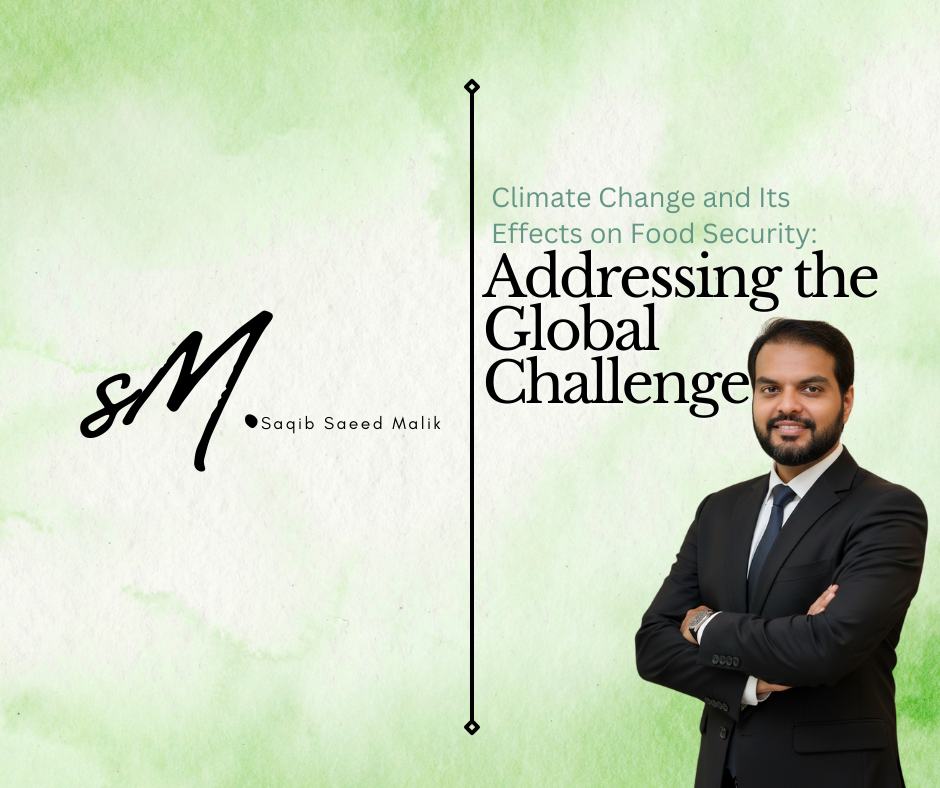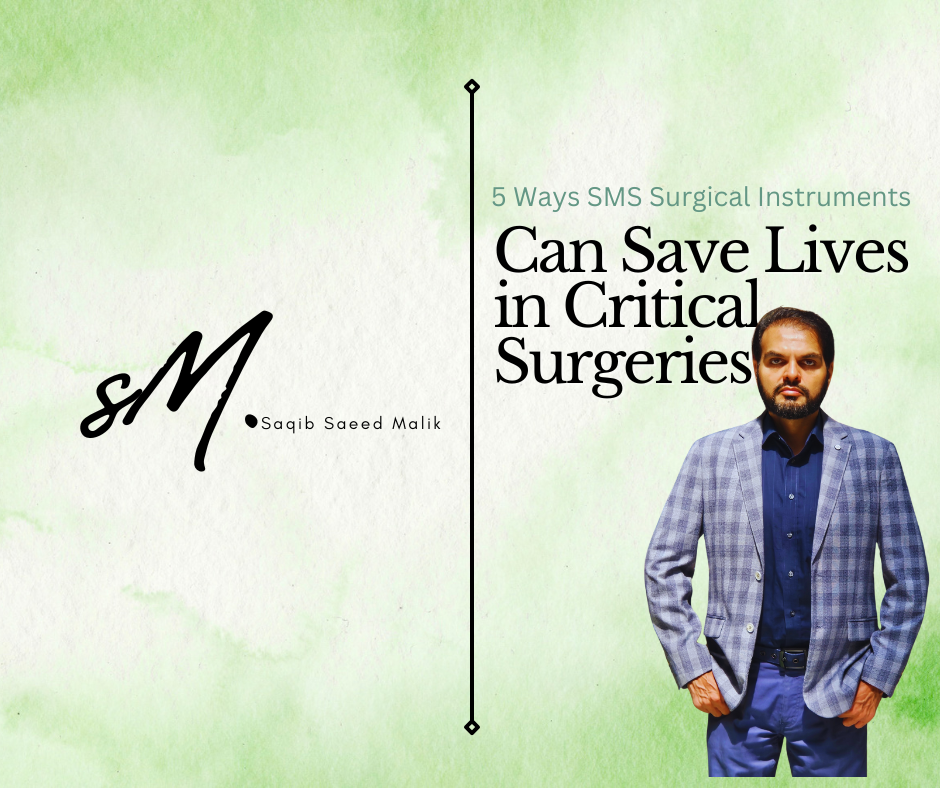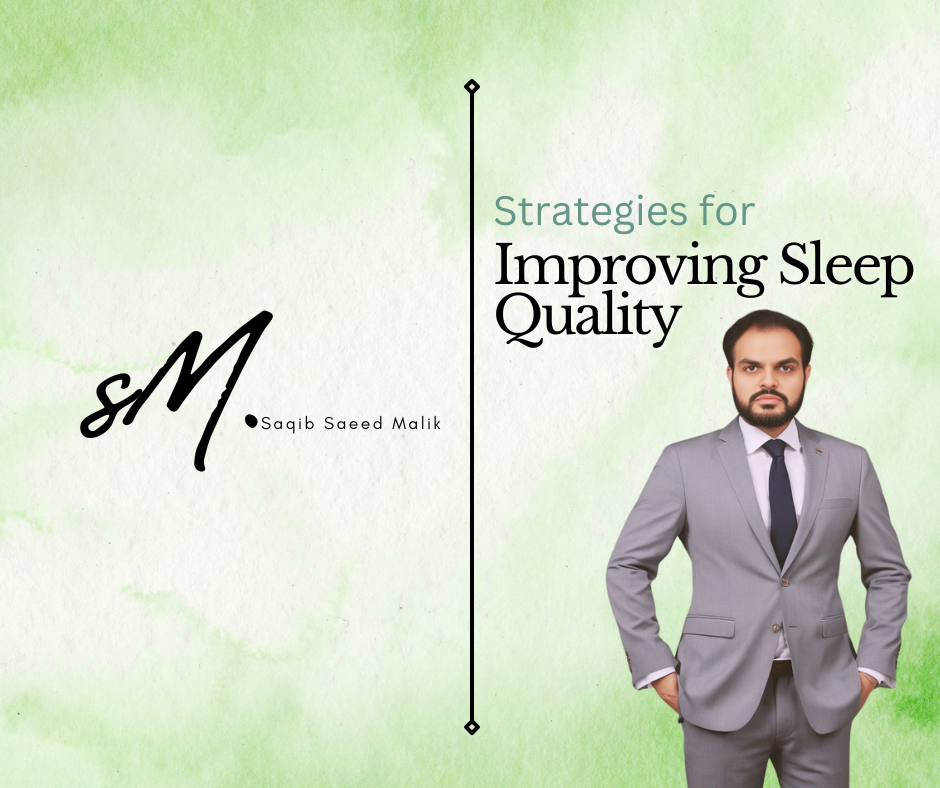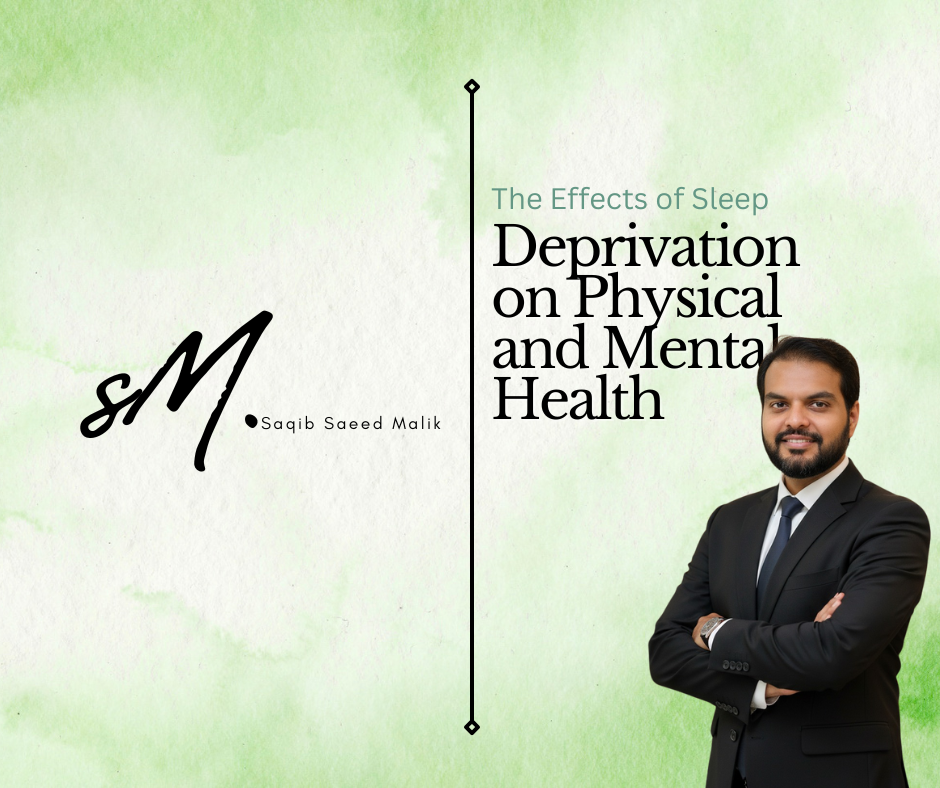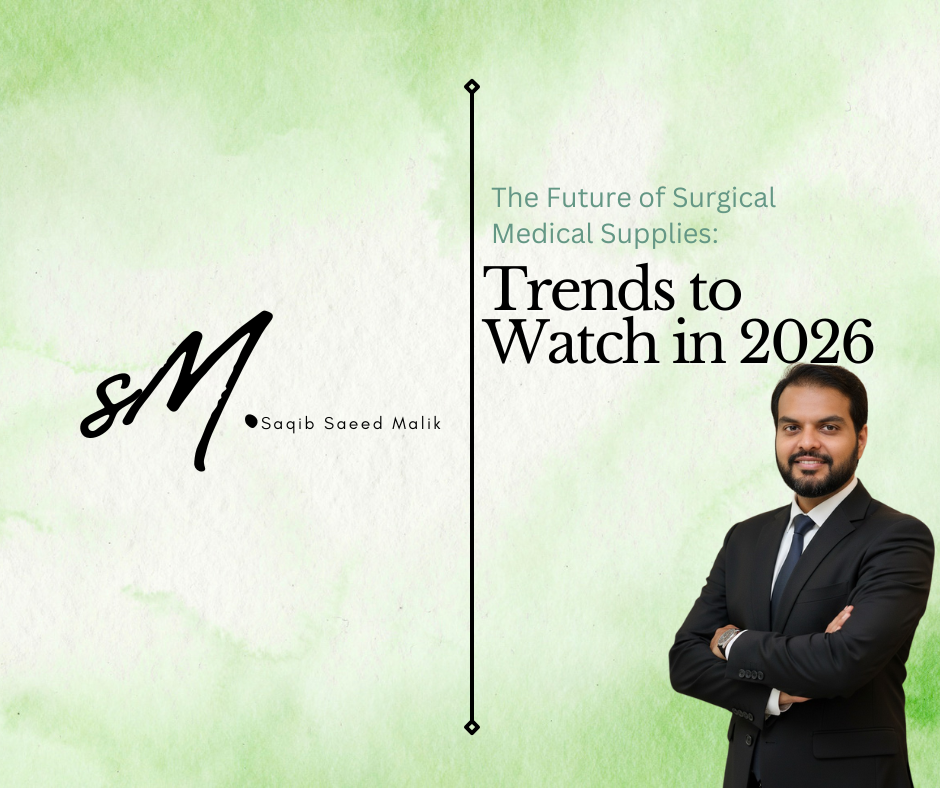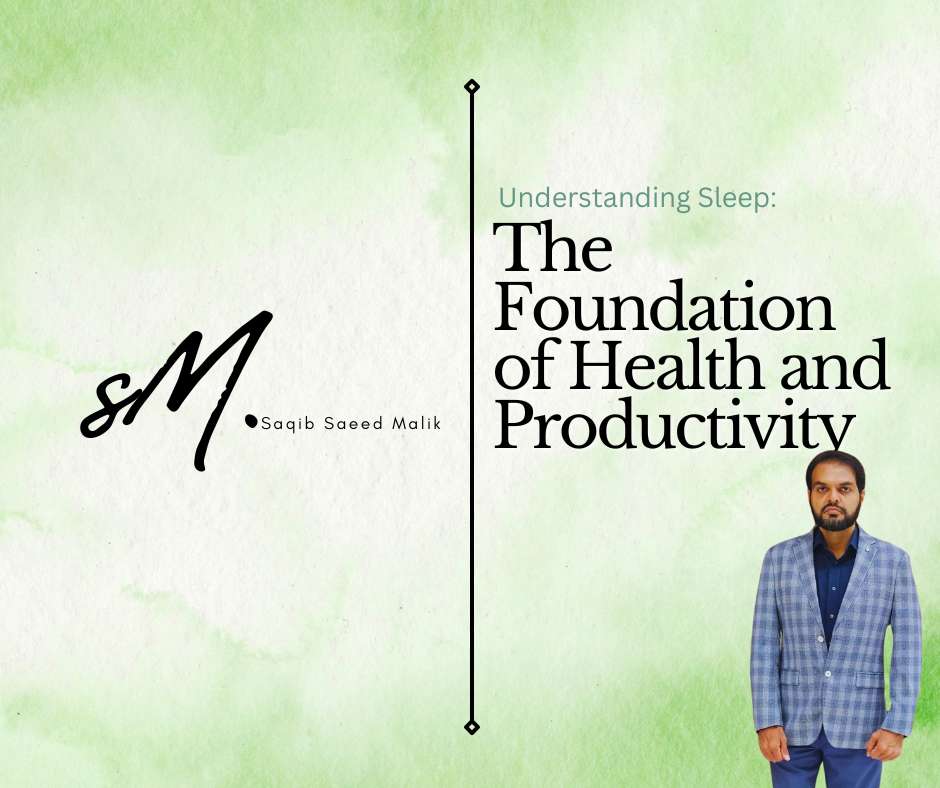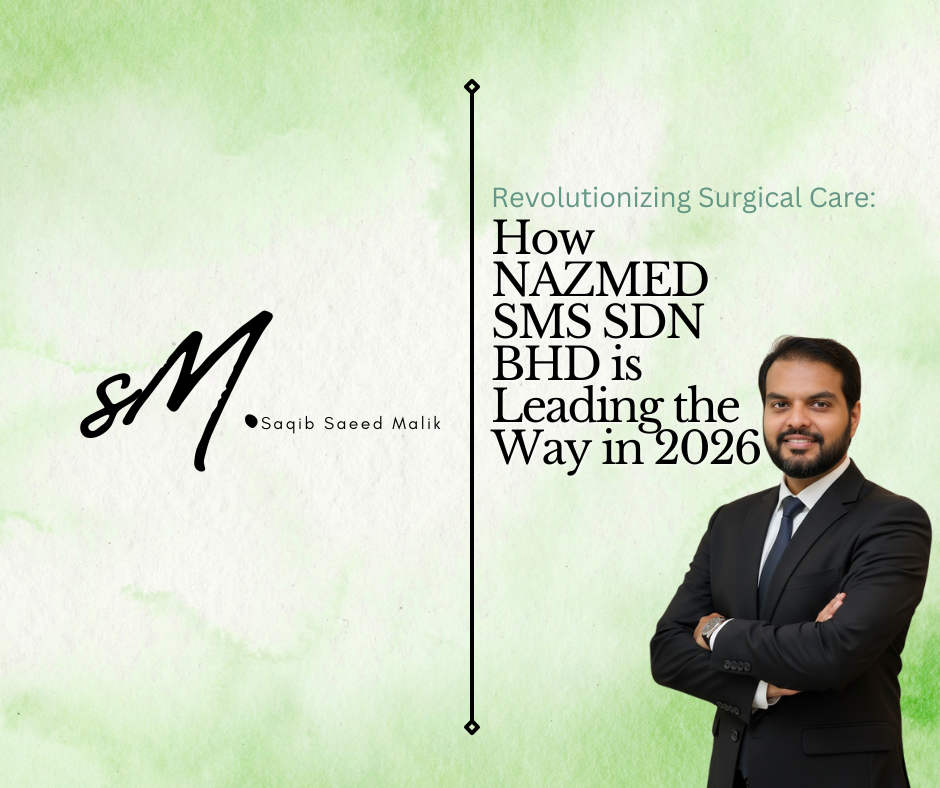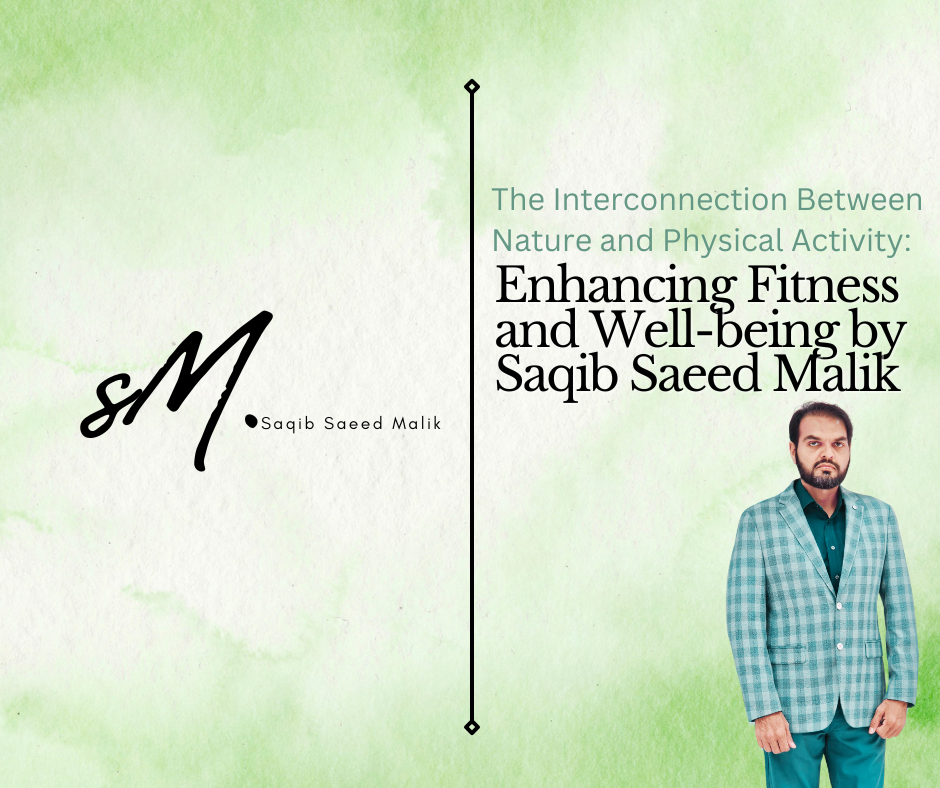Ramadan Mubarak 2026.
This is not just a greeting. It is a calling. A reminder. A sacred invitation.
As the crescent moon of Ramadan 2026 rises, millions of hearts across the world begin to soften. Homes glow with quiet anticipation. Souls prepare for a journey that is not measured in days—but in devotion.
Ramadan is not simply about fasting from food and drink. It is about fasting from negativity. From anger. From ego. From distractions that steal your peace. It is the one month that gives you permission to pause the noise of the world and listen to the whispers of your heart.
And in 2026, that pause is more urgent than ever.
Why Ramadan 2026 Matters More Than Ever
We are living in a time of speed. Endless scrolling. Endless pressure. Endless comparison. Our bodies are connected to the world—but our hearts feel disconnected from meaning.
Ramadan arrives as a spiritual reset.
It teaches discipline in a world of excess.
It teaches gratitude in a world of entitlement.
It teaches generosity in a world of self-interest.
When you fast, you do not just experience hunger. You experience humility. You begin to understand the silent struggles of the less fortunate. You learn that strength is not in consumption—but in control.
Ramadan 2026 is your chance to ask yourself:
Are you living intentionally?
Are you growing spiritually?
Are you leaving behind a legacy of goodness?
The True Meaning of Ramadan Mubarak
“Ramadan Mubarak” means “Blessed Ramadan.” But blessing is not automatic. It is earned through intention and action.
Ramadan is a month of:
Reflection – Evaluate your life. Where are you spiritually?
Repentance – Seek forgiveness sincerely and consistently.
Reconnection – Strengthen your relationship with Allah, your family, and your purpose.
Reformation – Replace harmful habits with healing routines.
This holy month is a divine opportunity to rewrite your story.
If you have drifted away from prayer, come back.
If you have been distant from your family, reconnect.
If you have carried guilt, let Ramadan carry you toward forgiveness.
Do not let Ramadan 2026 pass like any other month. Let it be the month that changes you.
Practical Actions to Make Ramadan 2026 Transformative
Wishing “Ramadan Mubarak” is beautiful. Living it is powerful.
Here is how you can turn intention into transformation:
1. Set a clear spiritual goal
Do not fast mechanically. Decide what you want to achieve. Is it consistency in prayer? Completing the Qur’an? Improving patience? Write it down.
2. Build a disciplined routine
Wake up for suhoor with gratitude. Protect your five daily prayers. Create a fixed time for Qur’an recitation. Discipline creates spiritual momentum.
3. Give more than you think you can
Charity in Ramadan multiplies. Even a small act of giving can change someone’s life—and purify your wealth and heart.
4. Control your tongue
Fasting is not only from food. Avoid gossip, harsh words, and unnecessary arguments. Your character is your true fast.
5. Repair broken relationships
Ramadan is a month of mercy. Make the call. Send the message. Apologize if needed. Pride has no place in a month of forgiveness.
Ramadan Mubarak 2026 Wishes for Family, Friends, and Community
May Ramadan 2026 bring you clarity where there was confusion.
May your prayers be answered in ways you never imagined.
May your home be filled with peace and your heart with light.
May your fasting strengthen your faith and your charity multiply your blessings.
May this Ramadan not only change your month—but change your mindset.
To families breaking fast together—may your table be filled with gratitude.
To those fasting alone—may you feel the presence of divine comfort.
To those struggling silently—may Ramadan bring relief and hope.
Ramadan Mubarak to you and your loved ones. May this sacred month elevate your soul and transform your life.
A Powerful Reminder Before Ramadan 2026 Ends
Every Ramadan comes with a question:
Will you leave it better than you entered it?
Many start strong. Few finish transformed. The difference is consistency.
Do not wait for the last ten nights to become serious. Start now. Protect your time. Guard your heart. Make every day count.
Because one sincere prayer can change your destiny.
One night of deep repentance can erase years of mistakes.
One act of kindness can open doors you never expected.
Ramadan is temporary. But its impact can be eternal.
Final Reflection: Let This Be Your Turning Point
Ramadan Mubarak 2026 is not just another date on the calendar. It is a divine appointment.
An appointment with growth.
An appointment with mercy.
An appointment with a better version of yourself.
Step into this month with intention. Leave it with transformation.
May your fasts be accepted.
May your duas be answered.
May your heart find the peace it has been searching for.
Ramadan Mubarak 2026.


